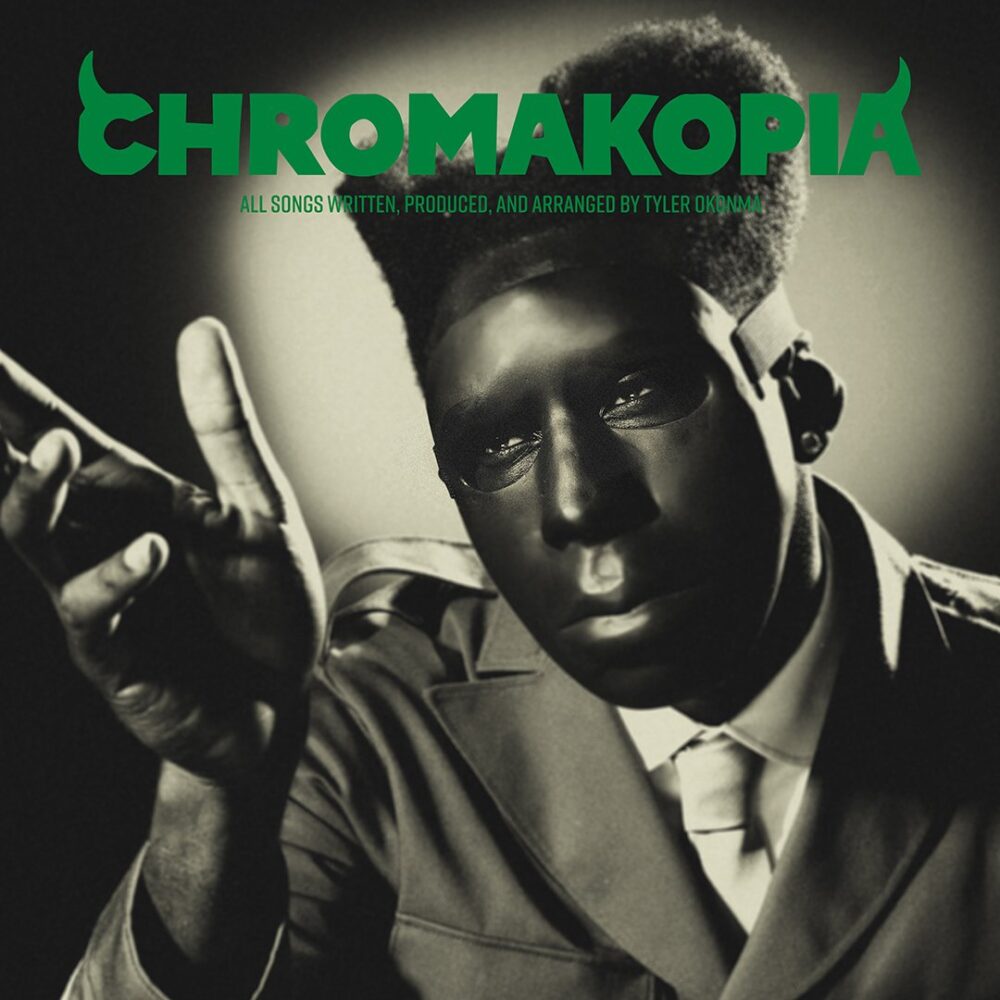Tristan Thompson, center and power forward for the Cleveland Cavaliers, was suspended for violating the league’s anti-drug program. He will be out of rotation for two months which amounts to twenty-five games without pay. Donald Graves Jr, an avid sports fan, states “This is a fair suspension because any type of performance enhancement he took is bad and Tristan is lucky because most athletes get suspended indefinitely.” The drugs he used include ibutamoren, which stimulates human growth hormone (HGH), and SARM-LGD-4033, a chemical that acts as testosterone.
Like Tristan, many athletes have attempted to get away with using performance enhancing drugs such as the ones mentioned. The most common drugs athletes use are human growth hormones (hGH), beta blockers, anabolic steroids, and erythropoietin (EPO). A lot of athletes at the professional and even minor league levels often feel pressured to use drugs to help them compete at the same level as other athletes. Saniyah Sobers, a student-athlete at Redlands High School, says “Drugs aren’t a big issue when it comes to high school sports, but if drugs are an option and they’re masked to the right person, athletes try to do them to be the star.” At the highest level, some athletes feel the most influenced to use drugs when doing large sponsorship deals. Most athletes think at the time of usage that these drugs are worth taking, but don’t even know some drugs are potentially life threatening. According to research by Orthoinfo, steroids can leave side effects such as liver problems, heart problems, stroke, blood clots, and cancer. While on these drugs, mental health can also dissipate due to side effects including major mood disorders such as mania, hypomania, major depression, and in some cases “roid rage.” Roid Rage is uncontrolled aggression that causes some steroid users to become confrontational with friends and family; at worst they end up in trouble with the law.
Drugs can negatively impact the way athletes live their everyday lives whether they’re using steroids or recreational drugs, such as weed. Lamar Odom is a prime example of what drugs can do to you even if you are an athlete in crisp shape. Odom was addicted to drugs, more specifically weed, at the start of his addiction. Odom not being able to give up drugs led to the demise of his career. He even admitted to faking a drug test so that he would still be eligible to compete at the Olympics in Greece. When his addiction was at its worst he ended up in a coma after having a deadly mix of alcohol, cocaine, and a sexual stimulant that caused him to suffer several heart attacks and strokes. Odom is one of several cases that shows how bad addiction can get especially when in sports. He was a successful player, but his addiction was stronger than his love for basketball. In all, using performance enhancing drugs or drugs in general can become extremely serious, which is why the NBA’s no drug policy is so strict. Whether the situation is like Odom or Thompson, doing drugs undermines the integrity of playing fair and using teamwork to succeed.









